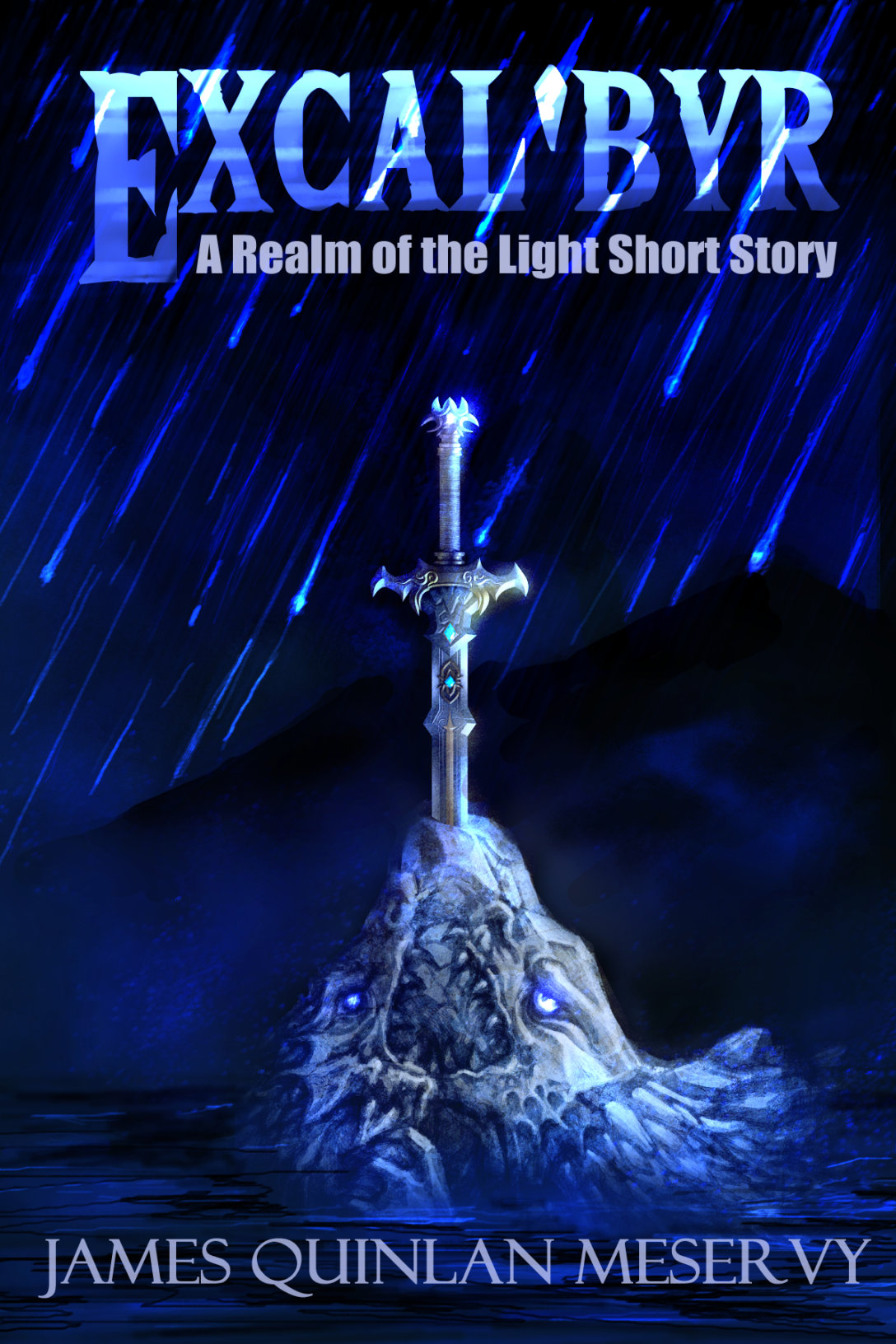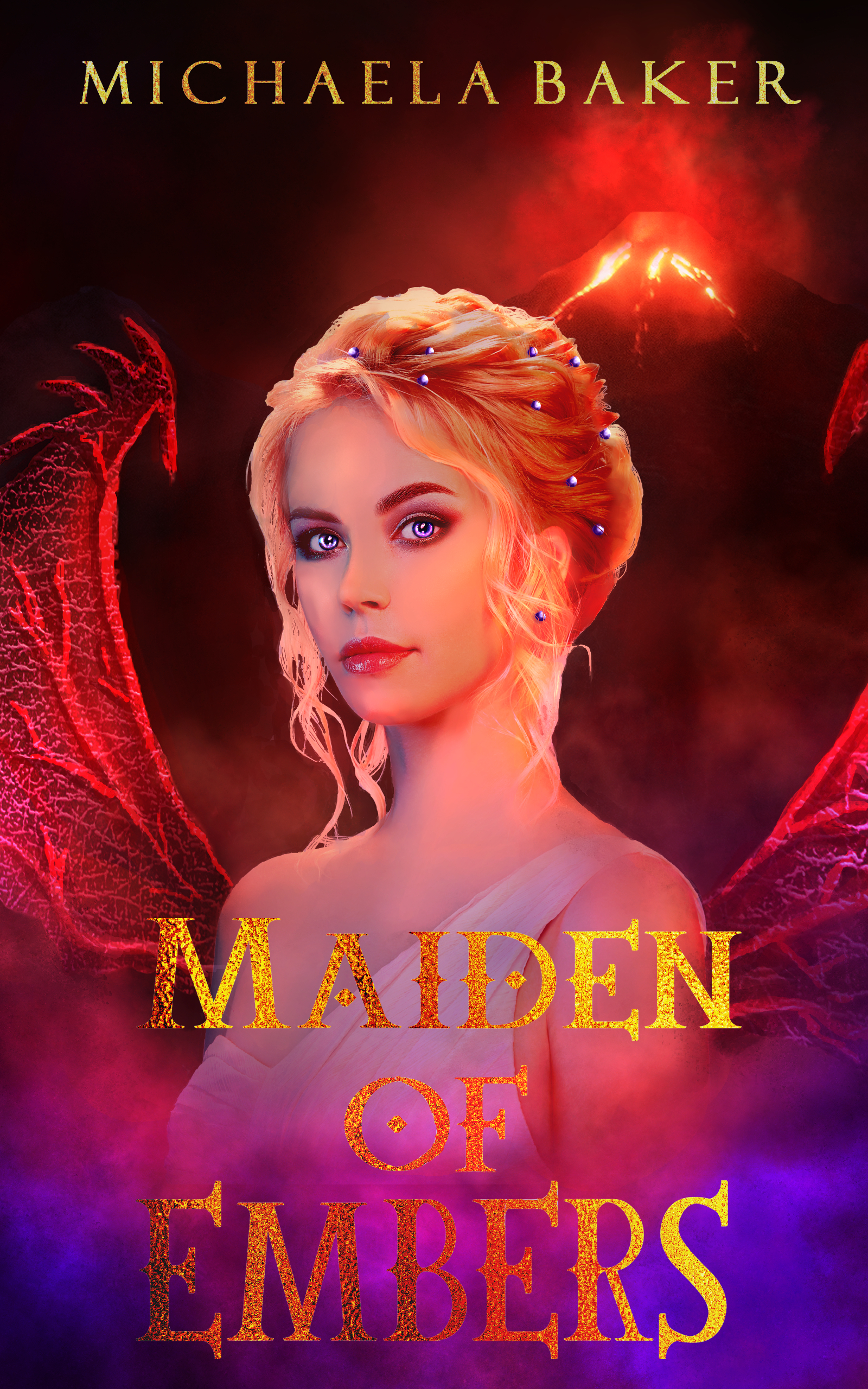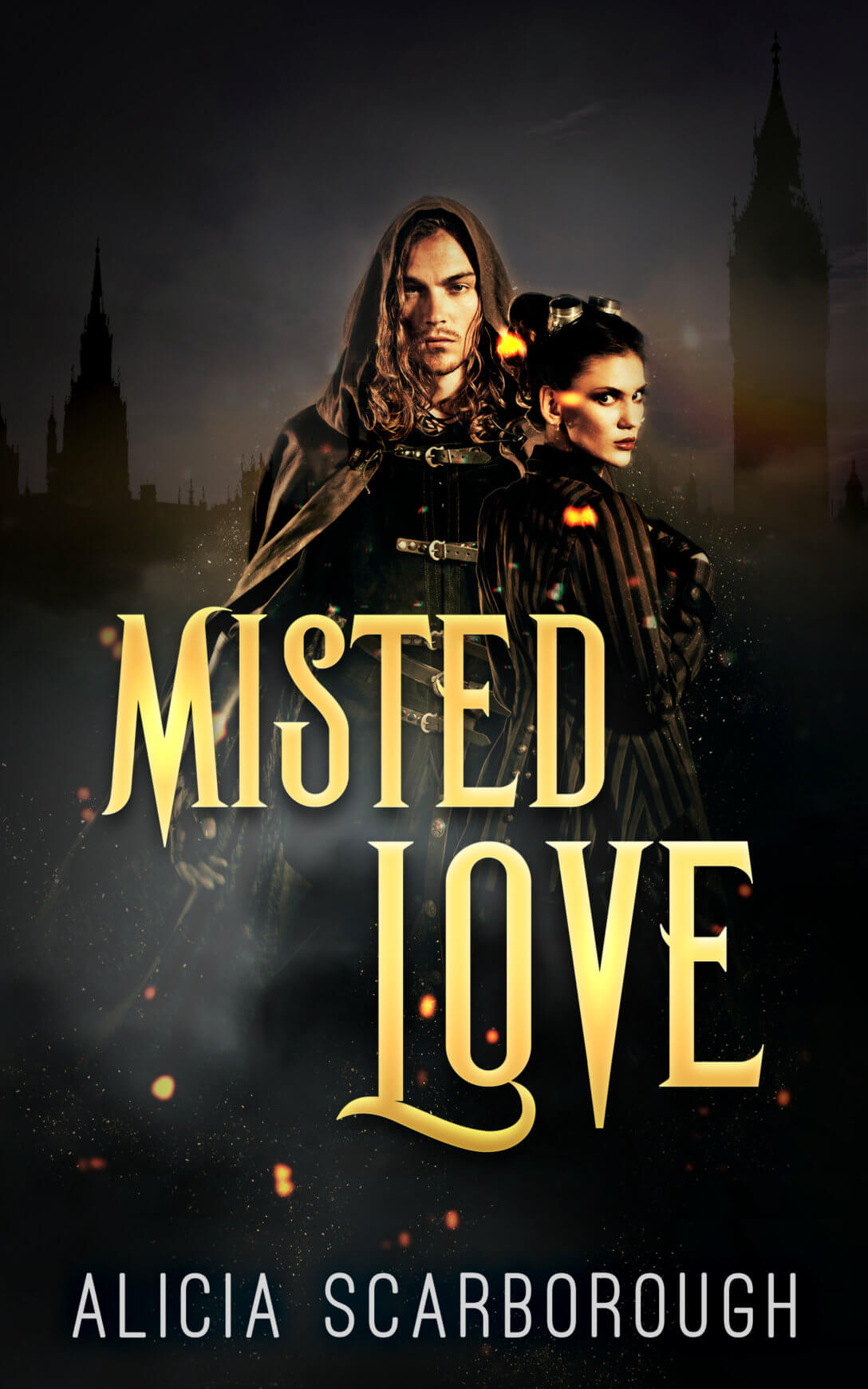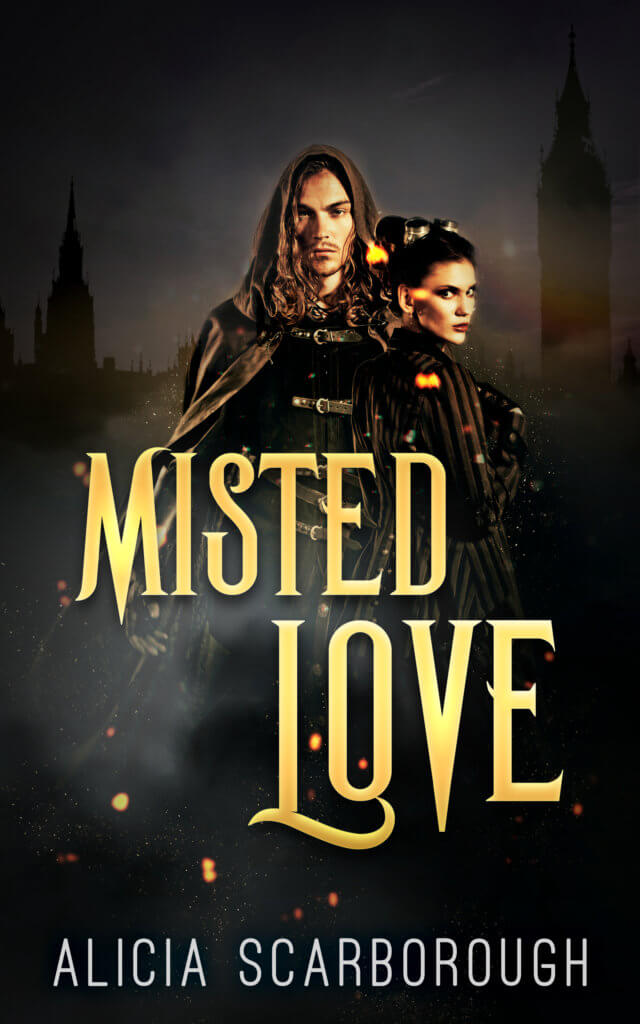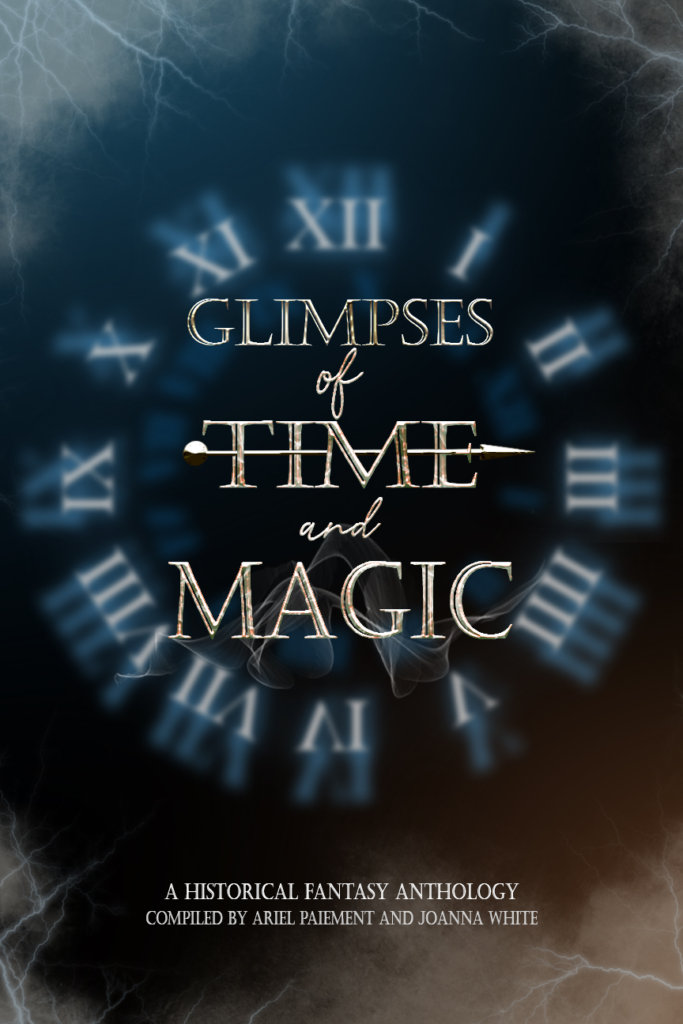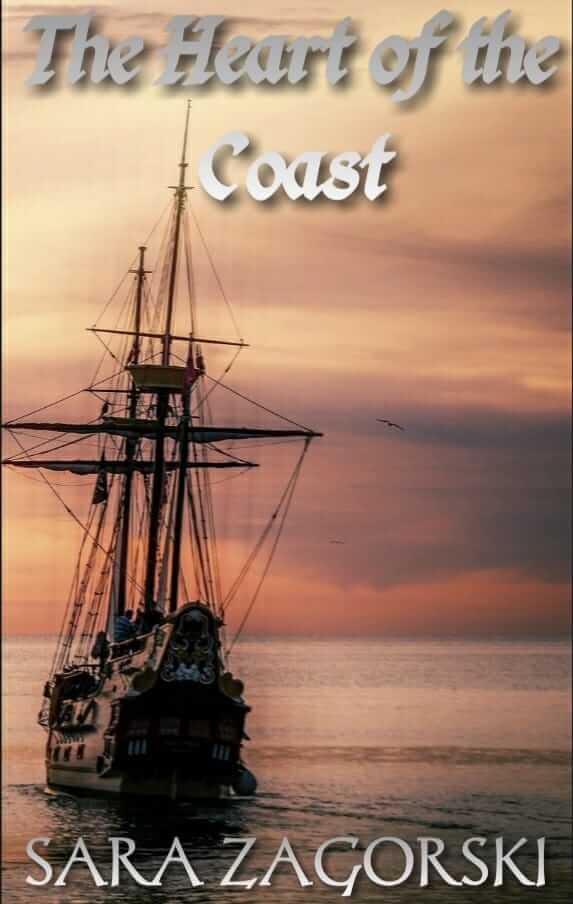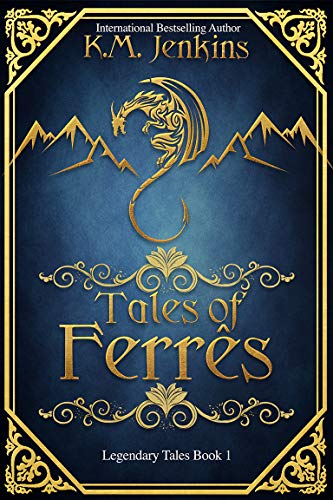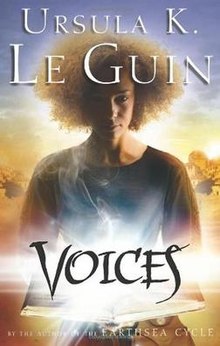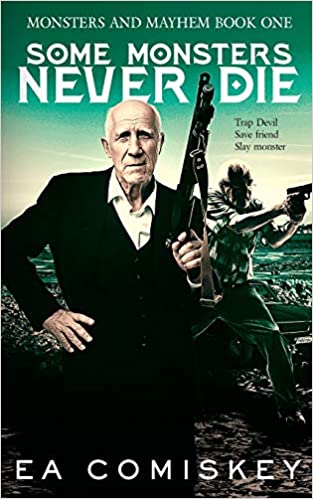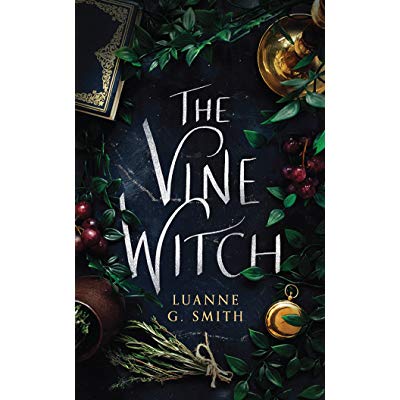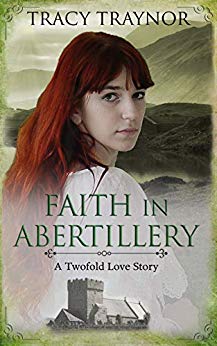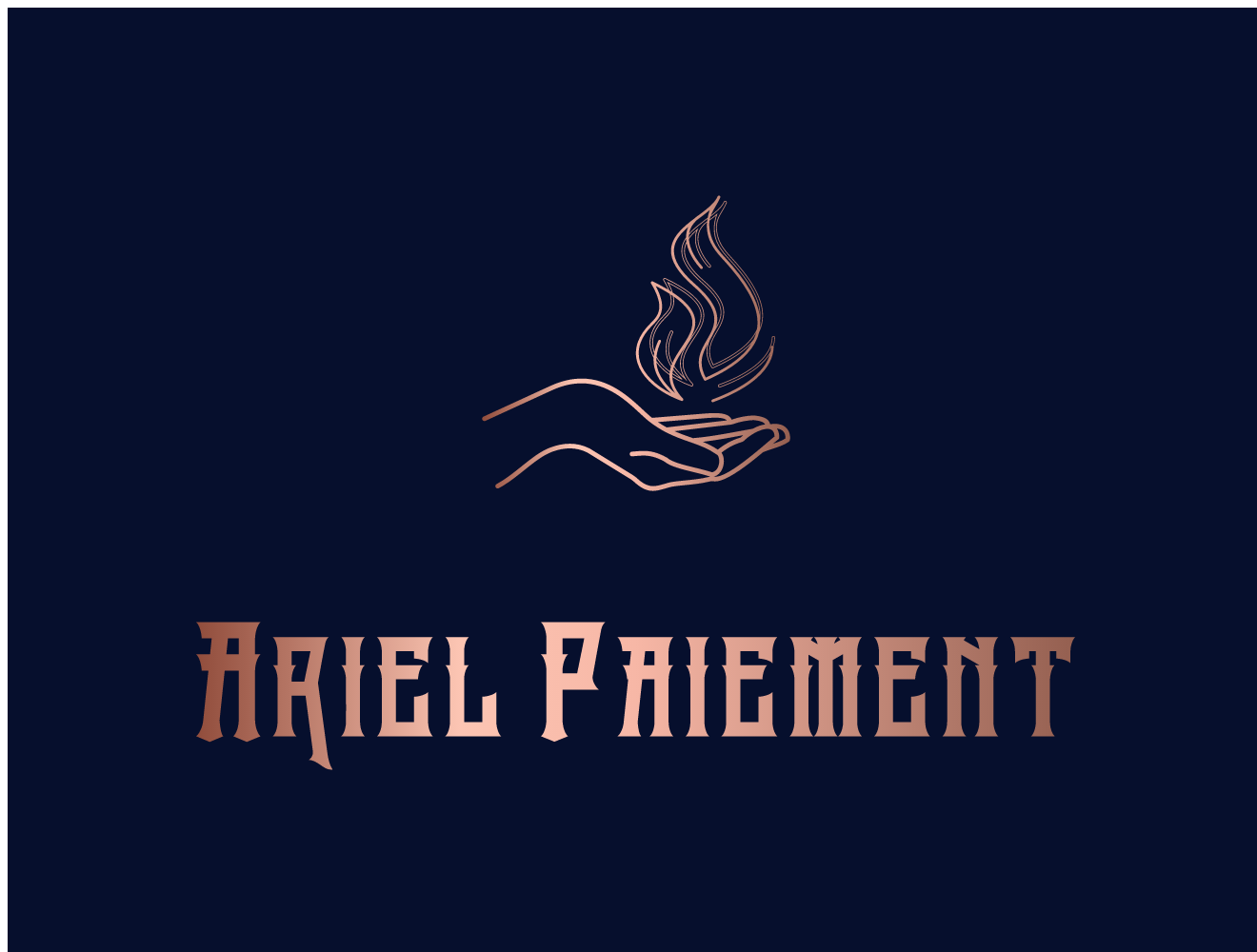Hey all! We’ve got James Quinlan Meservy here with us today to share about his experience as one of the authors in our new anthology, Glimpses of Time and Magic, which will be releasing at the end of this month. Since James has been with us on the blog before, I gave him a new set of questions to answer just to keep things fresh. Thanks for taking the time to be here, James!
Tell us a little bit about yourself.
(JQM)
I am James Quinlan Meservy,
Fantasy Author Extraordinaire,
Creator of Creatures,
Embellisher of Events
And Firebrand
“Stories That Kindle Imagination”
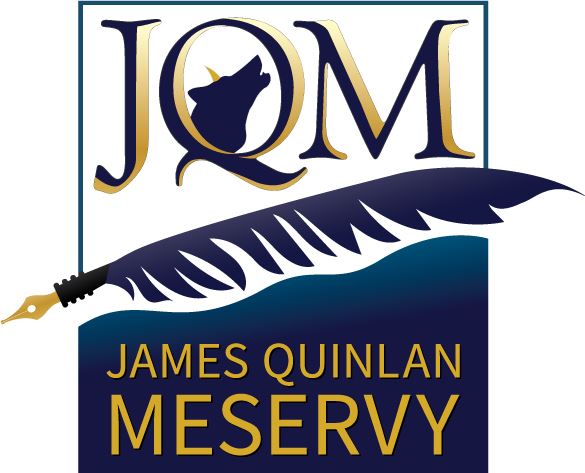
I have a bachelor’s degree in Anthropology, with an emphasis in Archaeology, and minors in Russian and Geology from Utah State University. Unlike many of my fellow authors, I was not a fan of books as a kid. I was more of a TV, movie, and video game kid, who learned to love to read as a senior in high school, and learned to love writing in my late twenties, early thirties. It was long, gradual process to teach myself to love to turn my dreams into stories.
Glimpses is a historical fantasy anthology, so have you ever written this genre before, and if so, what got you into it?
(JQM)
You know, I actually have written some historic fantasy before. My novella, The Viscount of Sternboard, A Realm of the Light Novella, is a Titanic story set in my fantasy realm, The Realm of the Light, which is a parallel realm to our own.
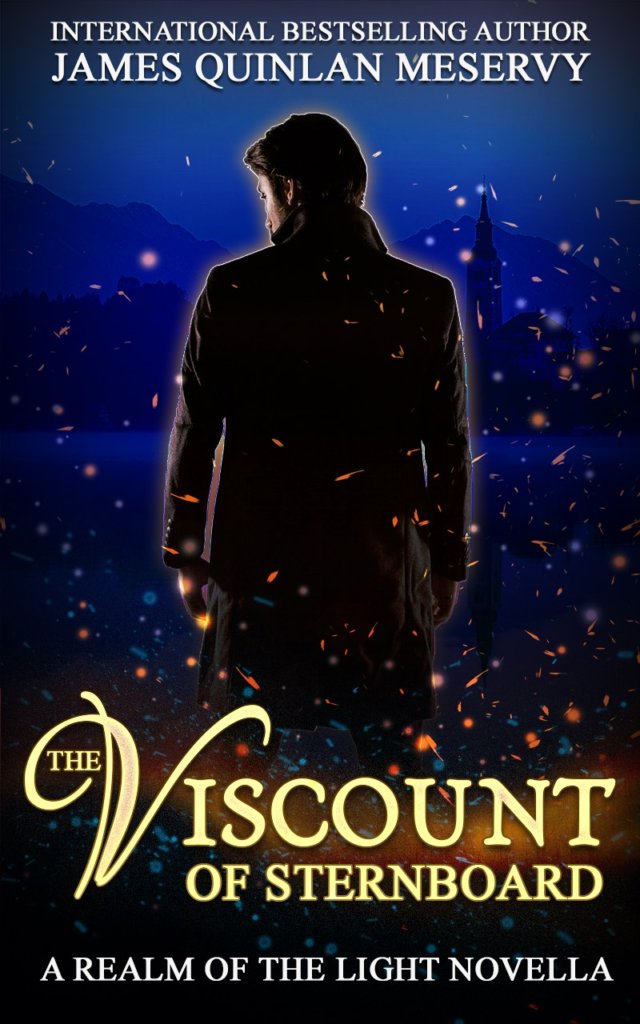
What was the inspiration for your short story?
(JQM)
My story included in Glimpses of Time & Magic is Excal’Byr, A Realm of the Light Short Story. It was inspired by my love of Arthurian Lore and Camelot.
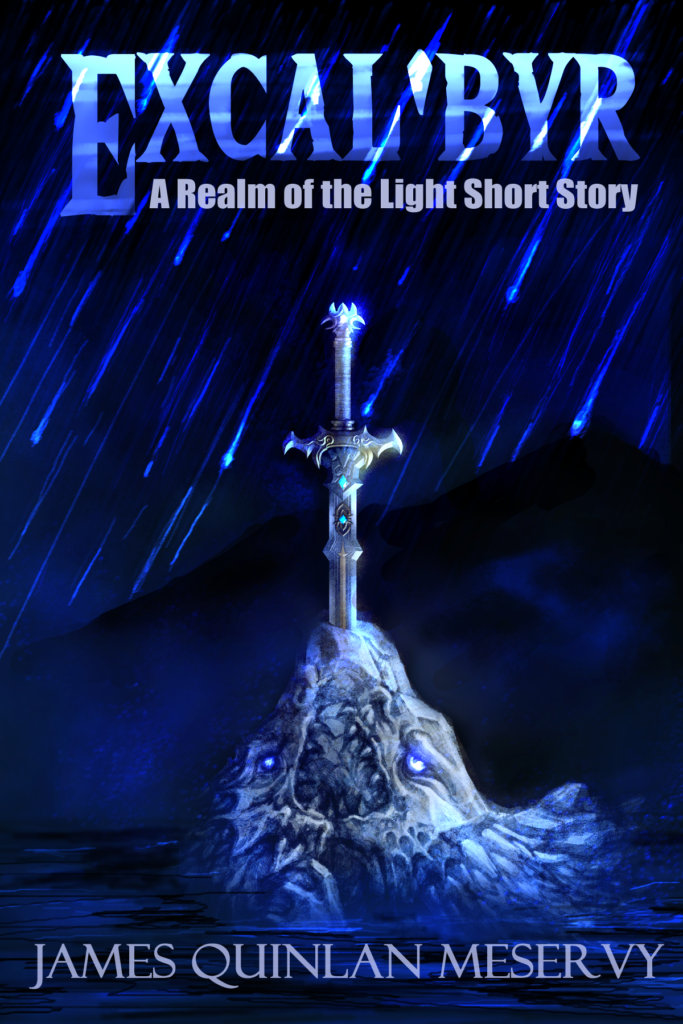
What was the most difficult part of writing the story?
(JQM)
Bleen, I don’t think any part of this story was difficult. I have been thinking of how to fit Camelot and Excalibur into the Realm of the Light for several years. So when I started writing, it just flowed out. So, I guess the only real difficulty I had with this story was to find the time to write it out.
What was the easiest part of writing it?
(JQM)
The writing of it. The story flowed out of my mind and into words with ease.
Can you tell us about what you’re working on now with the anthology drawing close to its release date?
(JQM)
The Cross of Roses, A Fantasy Thriller from the Realm of the Light.
The Cross of Roses takes place some three or four years after the end of The United, and is about a serial killing priest who uses magic to murder the unrepentant sinners in his congregation. This one is NOT a YA story, though I do keep the content fairly clean, which in this case means no sexually explicit scenes, limited vulgarity, and limited gore.
Who was most helpful on your journey with your short story in Glimpses?
(JQM)
The most helpful person with Excal-Byr? Well, that’s easy. My editor, Dorcia Beland. She is a fantastic editor, and helped me fix a few problems that came up in the writing. Second to her is my wife, who is always willing to talk out a story with me.
What advice would you give to aspiring authors and writers who are considering anthologies?
(JQM)
Read anthologies and short stories. Get a feel for how they flow, how they fit into a writer’s larger literary world.
Second to that is to write.
What is the most difficult part of being involved in anthologies for you?
(JQM)
Most difficult part? Probably getting all the contributing authors to agree about price, sales objections, marketing strategies, and the overall goal of the anthology.
What do you like best about being involved in anthologies?
(JQM)
Being part of Glimpses of Time & Magic really pushed me to write Excal’Byr, a story that was lingering in the back of my head for a long time, but I never committed to paper. Writing out that story was probably my favorite part. The second is meeting, working with, and making friends with new authors.
What part of working with the group of authors in Glimpses was your favorite?
(JQM)
Meeting new authors. Glimpses was the first time I ever worked with Joshua Reid and Michaela Baker, two very talented authors whom I look forward to working with in the future.
Find Out More About James Quinlan Meservy
If you guys are interested in learning more about James, you can find him on Amazon. He has several other full-length novels and a few children’s books available there. You can also find him on Facebook.


